As a healthcare professional, having solid executive function skills is just as important as having all the essential medical know-how. Executive function skills are your ability to plan ahead and meet goals, display self-control, follow multiple-step directions even when interrupted, stay focused despite distractions, stay organized, initiate tasks, and keep track of time. These skills are essential to our ability to get through each day and ultimately live a fulfilling life. You can just imagine how challenges within these areas might interfere with productivity or overall performance at work in healthcare!
Executive function challenges in healthcare
Think back to when you were in school, studying to become a physician, nurse, therapist, or technician. No doubt you found it both fascinating and challenging. If you have ADHD or other learning differences, you may have found yourself working twice as hard as your fellow students. For instance, did you know that 3% of medical students have disabilities, according to a study from the Journal of the American Medical Association? Of that 3%, almost 34% of those medical students have ADHD, making it the most common disability among medical students. If the prevalence of disabilities in other healthcare professions is similar, that adds up to a lot of people in this field who face daily self-management struggles as they work to help others. Executive function challenges are the most common symptom of ADHD but these challenges can still be present without having an official diagnosis of any kind.
So, why is it important to manage executive function challenges when working in healthcare? Some symptoms of executive dysfunction are running late, misplacing items, or procrastinating. It's pretty safe to assume that these challenges can pose threats to your career in any field but when working in the healthcare field, the consequences are especially high. Imagine you're scheduled to perform a procedure on a patient at 9 am, but you misplace your car keys and spend an extra 15 minutes searching for them at home, causing you to be almost 30 minutes late for your patient. Not only is your patient unhappy but you've put unnecessary stress on both of you - as well as your support staff. Healthcare work is difficult enough without adding executive function challenges to the mix. Having a strong set of executive function skills will help you avoid mishaps like this and protect the quality of your work, as well as the health and safety of those who rely on you for care.
Challenge #1: Remembering multi-step processes as a nurse
Scenario: You're a Registered Nurse, working in a busy pediatrician's office. It's time for you to administer a vaccine to your 9-year-old patient. You wash your hands, put on your gloves, and begin inspecting your vaccine to ensure it's safe to administer. Before injecting the patient, you begin to worry and doubt yourself as you try to recall the protocol for a 9-year-old patient. Am I using the correct needle? Is the injection site supposed to be the arm or the thigh? As you're having this internal discord, you continue preparing your patient, only to realize you don't know if you remembered to check the BUD (Beyond-Use Date) of the vaccine. Now flustered, you have to excuse yourself to go and verify that you are following the appropriate CDC guidelines and double-check the procedure for administering this vaccine.
What you can do: As a nurse, it's not easy to memorize all of the various processes and procedures for the different functions of your job - but you can implement executive function strategies to make things simpler. When you're having memory challenges, try using a visual aid to help you stay consistent and accurate with procedures. For example, for remembering the injection sites for different age ranges, make a chart to keep with you throughout the day that displays exactly which ages receive which injection sites, and with what size needle. Create the chart in a way that you can easily understand, using your own verbiage and colors of your choice. It would be a great idea to laminate it, that way it's safe from the hardships that come with a long day of being a nurse! Better yet, ask your supervisor about creating a binder for each exam room with these details that anyone can reference to avoid errors.
Challenge #2: Following up on administrative duties as a therapist
Scenario: You work as a practitioner providing therapy to a diverse range of clients. Being a solo practitioner means you are doing a lot of the administrative work that goes into running a business by yourself. Therapy sessions are going well and your clientele only continues to grow. You love helping your clients and your work brings you deep satisfaction. However, lately, you've been running into trouble keeping up with the inevitable glitches with insurance reimbursement that pop up. Sometimes you lose track of all your Post-it notes to remind you of the claims you need to follow up on. And you find yourself putting off the phone calls you know you need to make that will help resolve the snafus. After all, there's only so much of George Michael's Careless Whisper you can listen to while on hold, right?
What you can do: It seems like you're experiencing classic symptoms of procrastination with a little disorganization added to the mix. To maintain some order, create a simple spreadsheet of the claims that need extra attention. Once you've resolved them, just delete the entry (or, if you like to see what you've accomplished, strike through that row). Before those Post-its become unmanageable, establish a habit of entering recent problem claims in your spreadsheet at the end of your day. As for the dreaded follow-up calls, try pairing that time with something you enjoy to take the sting out of the task. For example, you may love an afternoon protein smoothie, which you can sip on while waiting to get through to a billing representative. Or maybe you enjoy a little aroma therapy - and that scent of a lavender candle provides the calming antidote to the frustrations of phone tag. Whatever you choose, pairing an unpleasant activity with something that you enjoy will help you break through the procrastination trap.
Challenge #3: Maintaining expected productivity as a physician
Scenario: You've been a successful physician for a few years now but life has changed quite a bit since you started. You are now married and have a child who's very involved in extracurriculars like sports and the school jazz band, so you've often found yourself in a mad dash to attend your child's games or performances at the expense of keeping your appointment calendar filled. Lately, your RVUs (Relative Value Units, a measure used in the United States healthcare system to represent the value of the work a physician provides) have been significantly lower than what you've historically had at work, and your supervisor has noted it. You have been taking more personal days, leaving work early, and even arriving a little late over the past couple of months. You attribute these absences and sudden shifts in your schedule to several last-minute "oops" moments when you've forgotten about an activity with your child that you committed to attending. It's hard to keep up with your child's many involvements as well as your spouse's schedule and things just seem to slip through the cracks.
What you can do: It looks like all of the new activities and events in your life, along with your demanding job have caused a bit of disorganization and time management challenges. The simplest solution for you would be to implement a calendar system for you and your family to use. This can be either a written or digital calendar... or both! One of our favorite digital, user-friendly calendars is Google Calendar. Create a calendar, share it with your family, and have everyone consistently add their events as soon as they are made aware of it. To accompany this digital calendar, display a physical calendar either in your home or even at your workstation with all of the important dates and events. This way, you have everyone in your family's schedule, any events you need to attend, along with your own schedule conveniently housed in one place, allowing you to document your absences or adjusted work schedule well in advance before the date arrives.
As a healthcare professional, the work you do is essential to your patients and their families, which is why it's so important to have strong executive function skills. More so than in other fields, your challenges can pose serious consequences to those affected. And those worries can take a toll on your own well-being. It's comforting to know that you can improve your self-management skills, regardless of your age or career stage!

.png?width=891&height=346&name=WorkSmart%20(2).png)




